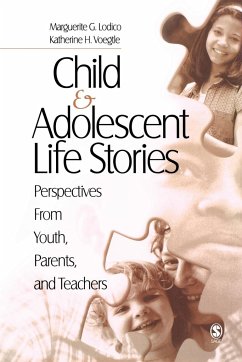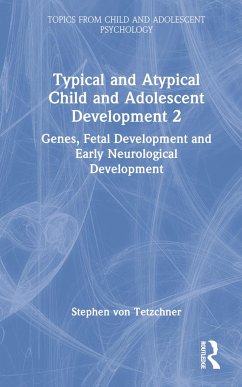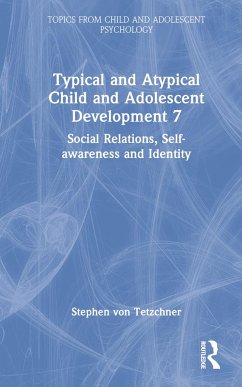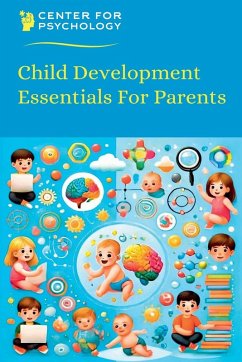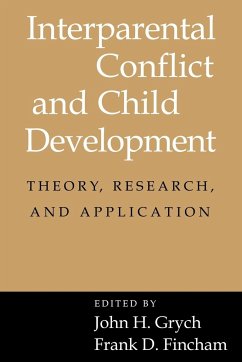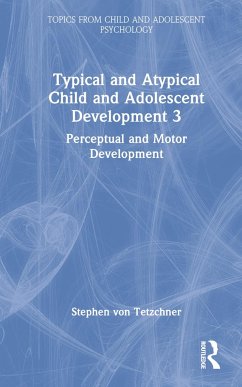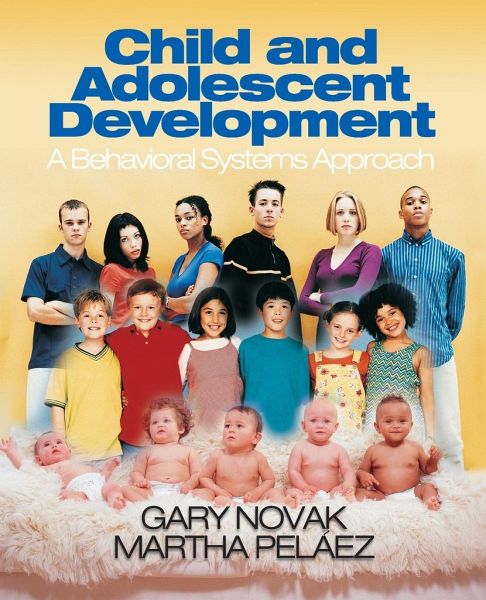
Child and Adolescent Development
A Behavioral Systems Approach
Versandkostenfrei!
Versandfertig in 1-2 Wochen
213,99 €
inkl. MwSt.

PAYBACK Punkte
107 °P sammeln!
Child and Adolescent Development: A Behavioral Systems Approach integrates the views of dynamical systems concepts with a behavioral view of development. This combination of perspectives is unique and from it something new emerges – a "behavioral systems approach" to development. It is an approach that incorporates both personal and environmental influences and the constant reciprocal interactions between nature and nurture. The book emphasizes learning as the major process for change in development and the integration of environmental influences with genetic and historical factors. Authors ...
Child and Adolescent Development: A Behavioral Systems Approach integrates the views of dynamical systems concepts with a behavioral view of development. This combination of perspectives is unique and from it something new emerges – a "behavioral systems approach" to development. It is an approach that incorporates both personal and environmental influences and the constant reciprocal interactions between nature and nurture. The book emphasizes learning as the major process for change in development and the integration of environmental influences with genetic and historical factors. Authors Gary Novak and Martha Pelaez provide a coherent understanding of the learning process in childhood and adolescence and present successful interventions to minimize typical problematic behavior during this period.





